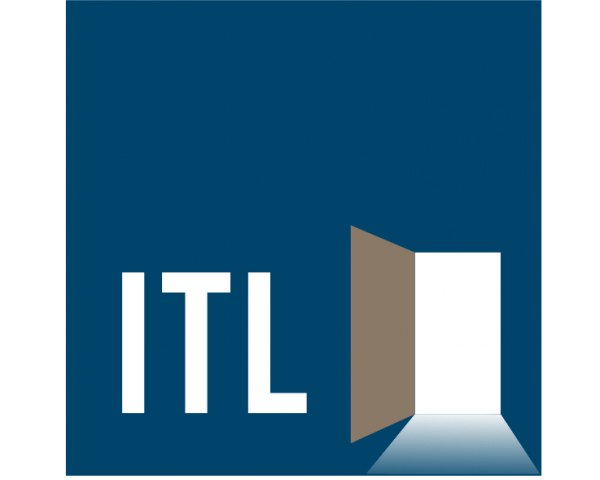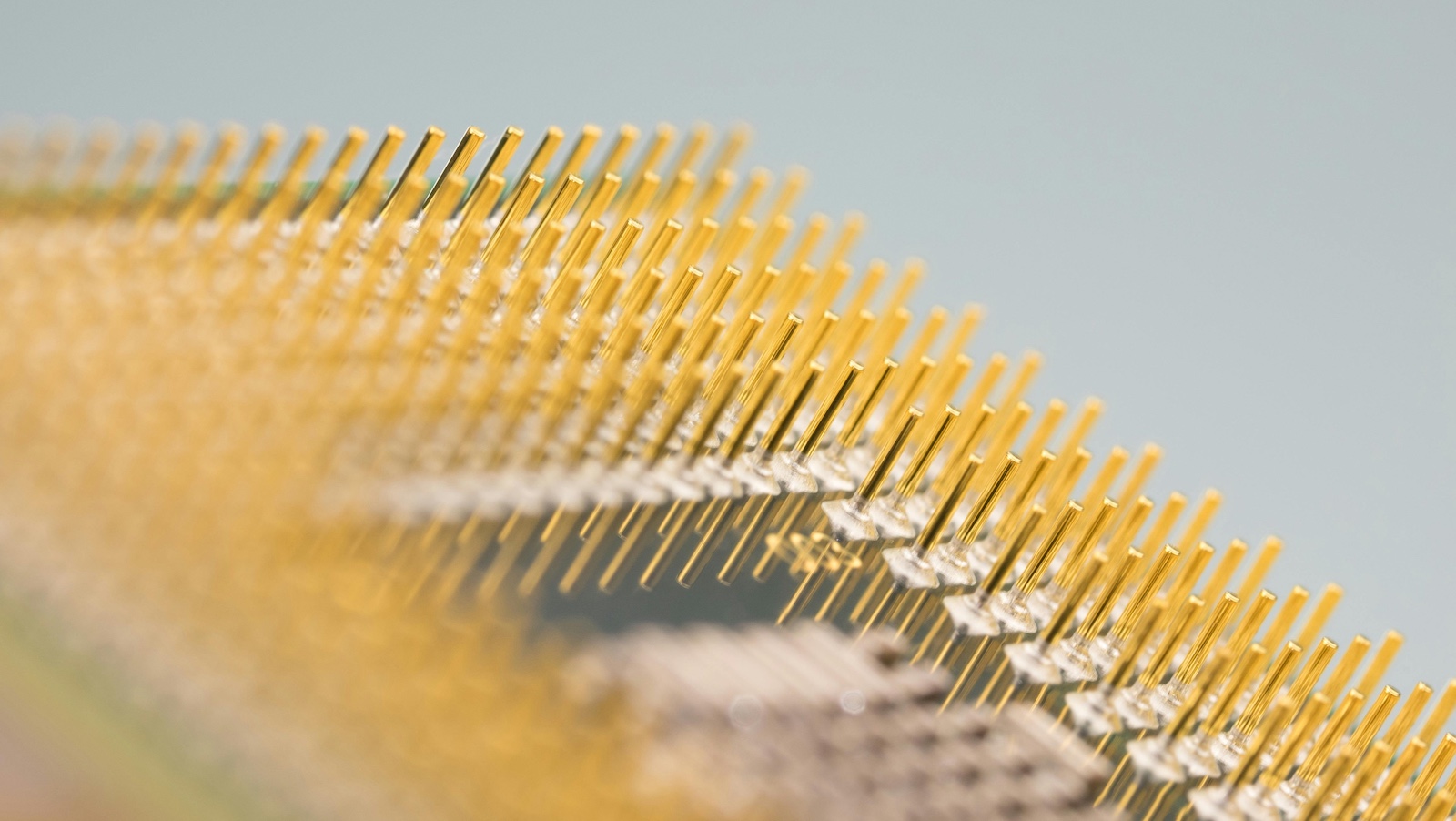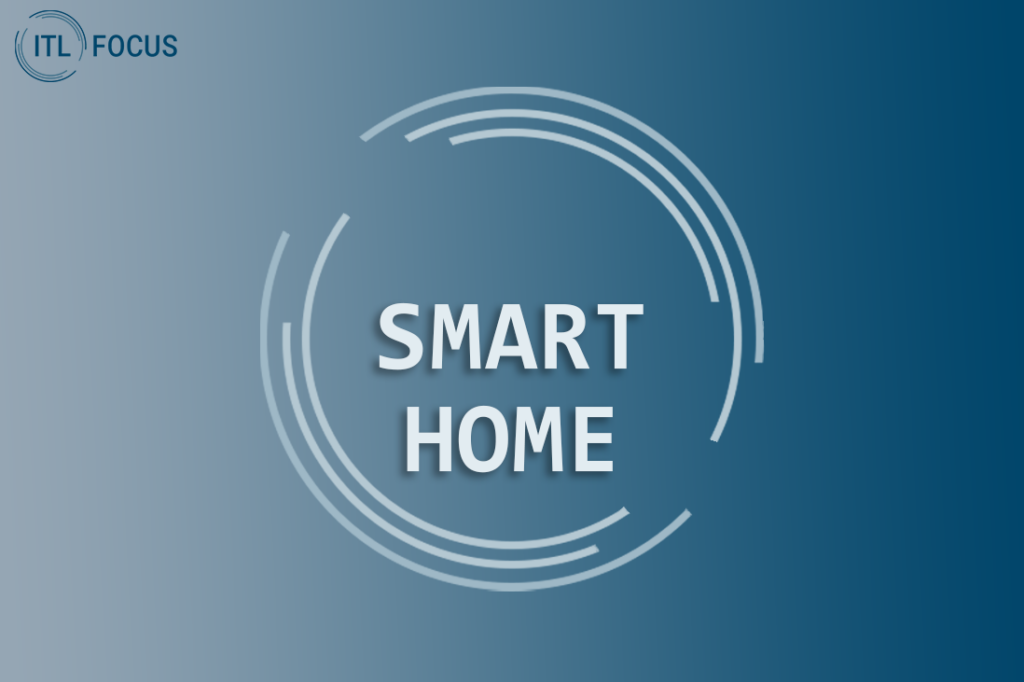
December 2021 FOCUS OF THE MONTH
Smart Home

FROM THE EDITOR
For nearly 30 years, I've been hearing about smart homes. Even before a commercial version of the internet browser was invented in the early 1990s, the rich, geeky types I dealt with in my travels at the Wall Street Journal were figuring out ways to wire their homes to ward off possible intruders.
They'd turn lights on and off remotely to simulate being there. They'd install cameras that they could monitor from their computers -- smartphones were still a ways off even for this crowd. They'd install sensors that would alert them about any unusual activity.
What began as a sort of hobby is now going mainstream, as you can see from my interview with Matteo Carbone, who has pretty much established himself as the king of telematics, and from the smart home articles we've curated for this month's ITL Focus.
It's still not possible to make a full-on economic argument for installing sensors everywhere to monitor for water leaks, gas leaks, intruders, etc. -- the cost of installing sensors and cameras everywhere would exceed the losses that they'd prevent. But smart home technology has declined in cost enough that many people will start investing in it for the peace of mind. And many insurers will start subsidizing the technology, both to reduce losses and to show customers that they're partners in protecting customers' well-being.
We haven't "crossed the chasm," to use the Silicon Valley term, to a true mass market, but we're well past the hobbyist phase.
Cheers,
Paul Carroll, ITL’s Editor-in-Chief
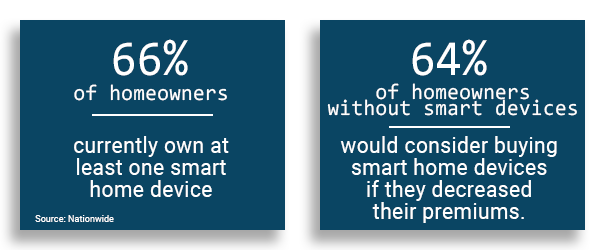
INTERVIEW WITH MATTEO CARBONE
As part of this month’s ITL Focus, we spoke with Matteo Carbone, founder and director of the IoT Insurance Observatory, on the intriguing opportunities that are taking shape for smart homes.
“Today, we have the same mood among insurers about the smart home, and I’m telling people not to make the same mistake that they made on personal auto telematics.”
Matteo Carbone
WHAT TO READ
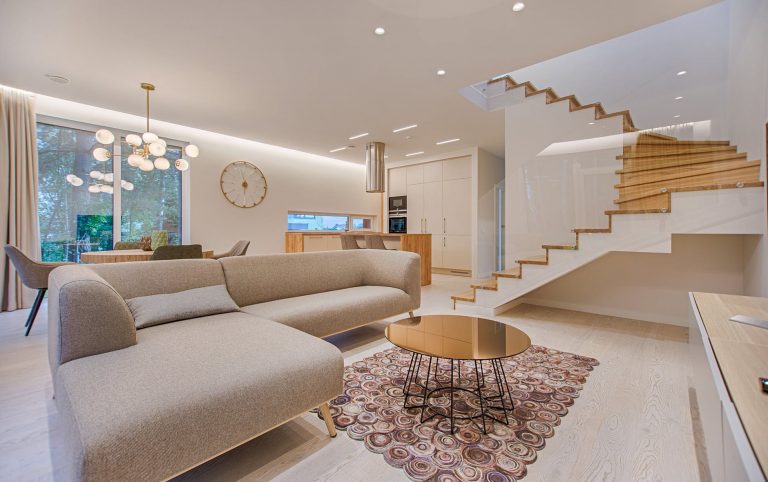
Perspectives of a ‘Smart Home’ Owner
Insurers that focus on second homes, vacant homes or certain commercial properties should be developing strategies now.
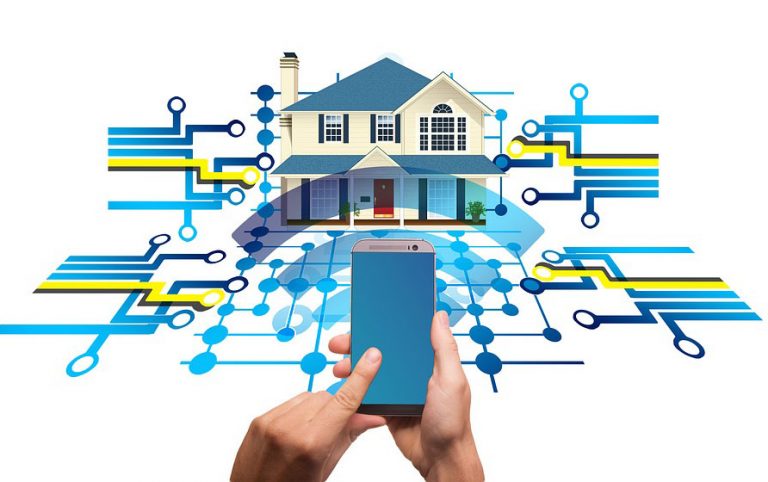
Smart Home = Smart Insurer!
The one technology that is both the most opportunistic and the most misunderstood, is the Internet of Things (IoT) for smart homes.

Home Is Where the (Smart) Hub Is
As the smart home gains momentum, insurers need to do three things to begin to understand the implications and opportunities.
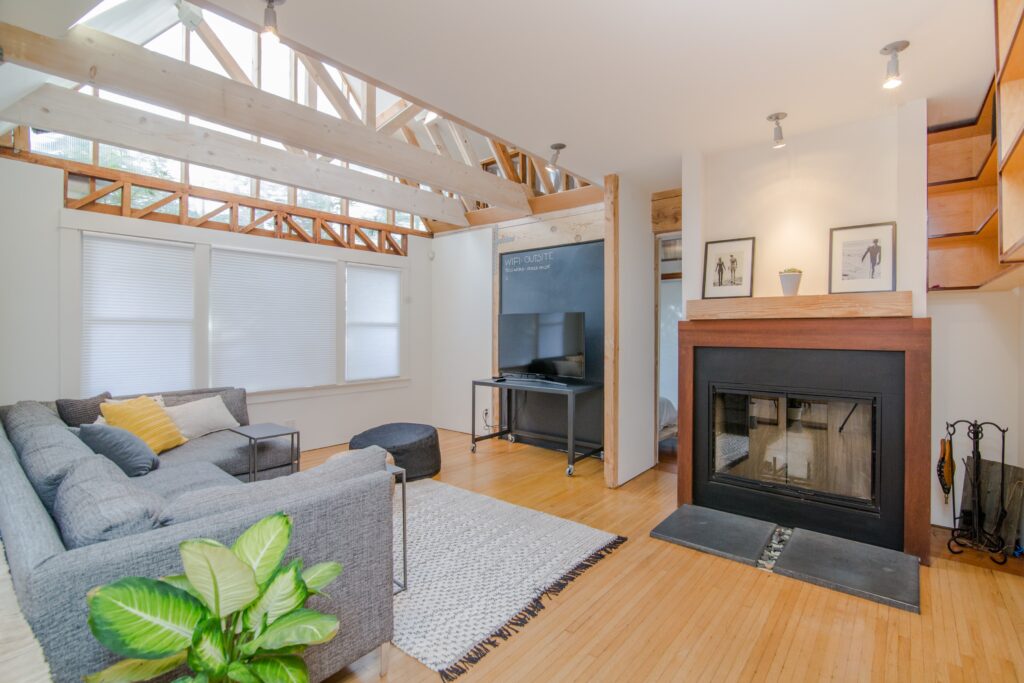
Smart Home Devices: the Security Risks
Smart devices often represent the most vulnerable point on any given network, exposing customers and insurers alike to potential risks.
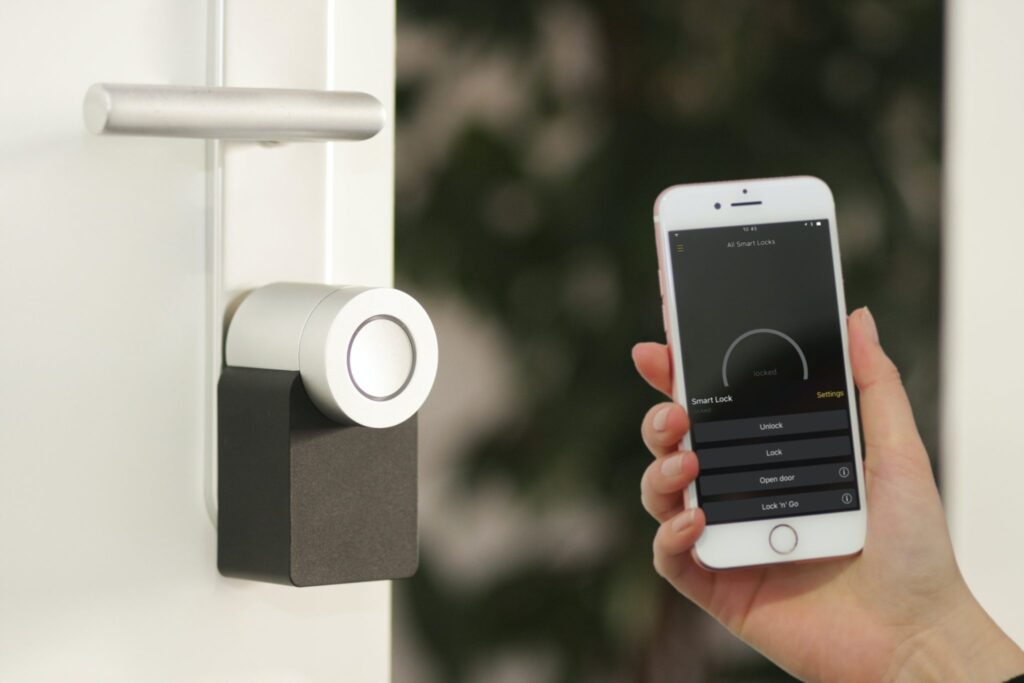
‘Smart Homes’? Not Just Yet
After years of asking, I finally have an answer about the economic argument for "smart homes" -- just not the answer I wanted.
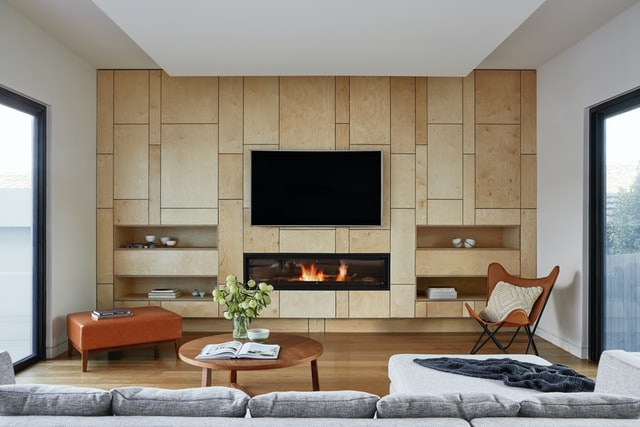
‘Smart’ Homes Can Have Stupid Features
"Connected homes" allow for, say, remote control of lights but can undercut improvements in alarms and leave openings for hacker vandals.
WHO TO KNOW








